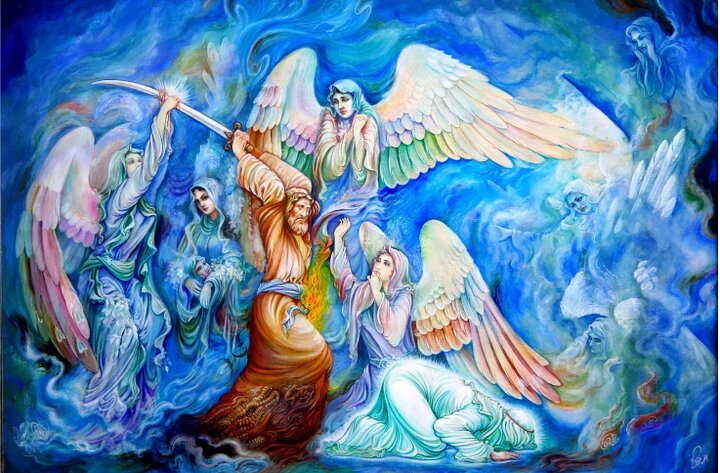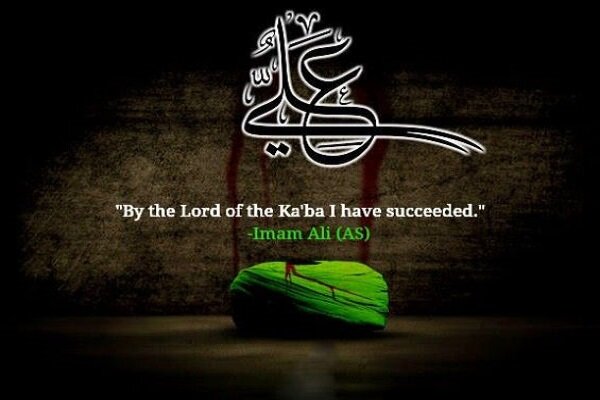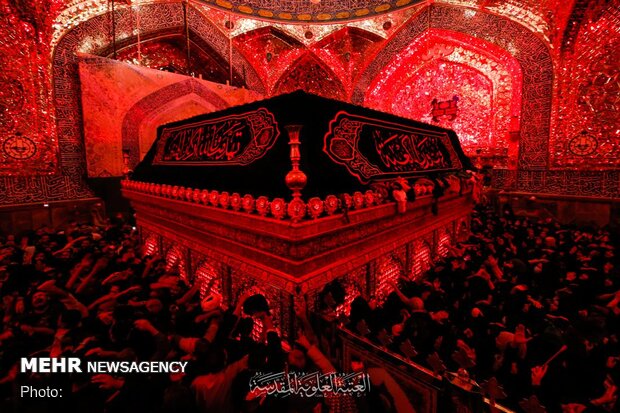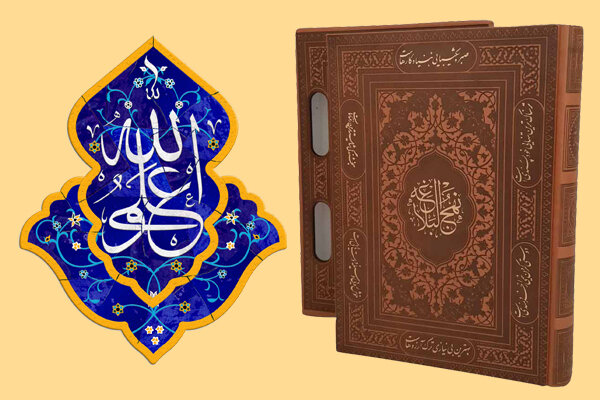
TEHRAN, (MNA) – Imam Ali (BPUH) was martyred on 21st Ramadan 40 A.H. by an assassin who wounded him with a poisoned sword in a Mosque in Kufah during morning prayers on 19th Ramadan 40 A.H. The occasion is marked by Muslims worldwide.
Imam Ali (PBUH) is a unique personality in the world who was born in the Holy Kaaba in Mecca.
He was martyred in the Kufah Mosque and laid to rest in the holy city of Najaf-e-Ashraf in Iraq.
In 623 AD, the Imam married the Prophet’s daughter Fatimah (SA), who gave birth to Imam Hasan (PBUH) and Imam Hussein (PBUH), the second and third Imams of Shia Muslims.
Imam Ali (PBUH) took part in battles of Badr, Ohud, Khandaq, Khaybar, and many other battles in the early years of Islam.
On the 19th of Ramadan month of 40 A.H., Imam Ali came to the mosque in Kufah for his morning prayers. Imam Ali (PBUH) gave the call for prayer and became engaged in leading the congregation.

Abd-al-Rahman ibn Muljam pretending to pray, stood just behind Imam Ali (PBUH), and when he was in a state of prostration, Abd-al-Rahman ibn Muljam, with his poisoned sword, inflicted a deep wound on Imam Ali’s (PBUH) head.
Imam Ali (PBUH) suffered from his wound for three days, and he (PBUH) passed away on the 21st of the month of Ramadan at the age of 63 years.
Imam Ali was Prophet Muhammad (PBUH)’s highly revered son-in-law and cousin and the first Imam of Shia. He was the leader of the Islamic Caliphate at the time of his assassination.
The night before his passing is considered the second of the three holy nights, known as Laylat al-Qadr (the Night of Destiny).
Muslims throughout the world spend the nights worshipping God.
The martyrdom anniversary of Imam Ali (AS) is commemorated in Iran and other Muslim nations worldwide.

Here is part of what he said while leaving the mortal world, on being struck in the state of ritual prayer in the Mosque of Kufa, in the fasting month of Ramadhan by the poisoned sword of the renegade Ibn Muljam al Moradi, after expressing that immortal phrase Fuzto wa Rabb-il-Ka’ba, which means by the Lord of the Ka’ba I have succeeded:
“As for my last will, it is that concerning Allah, do not believe in a partner for Him, and concerning Mohammad (S) do not disregard his Sunnah. Keep these two pillars and burn these two lamps. Till you are not divided, no evil will come to you… I am departing from you like one who is eager to meet (someone). Tomorrow you will look at my days, then my inner side will be disclosed to you and you will understand me after the vacation of my place and its occupation by someone else.”

The book Nahj al-Balagha containing his letters, sermons, and maxims, is proof of his knowledge, wisdom, prudence, piety, and patience, in addition to unsurpassed eloquence that is regarded by Arab literati, as next only to the Revealed Words of God Almighty. His words are bezels of wisdom and are keenly studied to this day.
The book was first compiled by Sharif Radi known in Persian as Seyyed Razi, who divided the work into three sections containing the speeches, letters, and short sayings of Imam Ali (AS).
Reported by Tohid Mahmoudpour

No comments:
Post a Comment